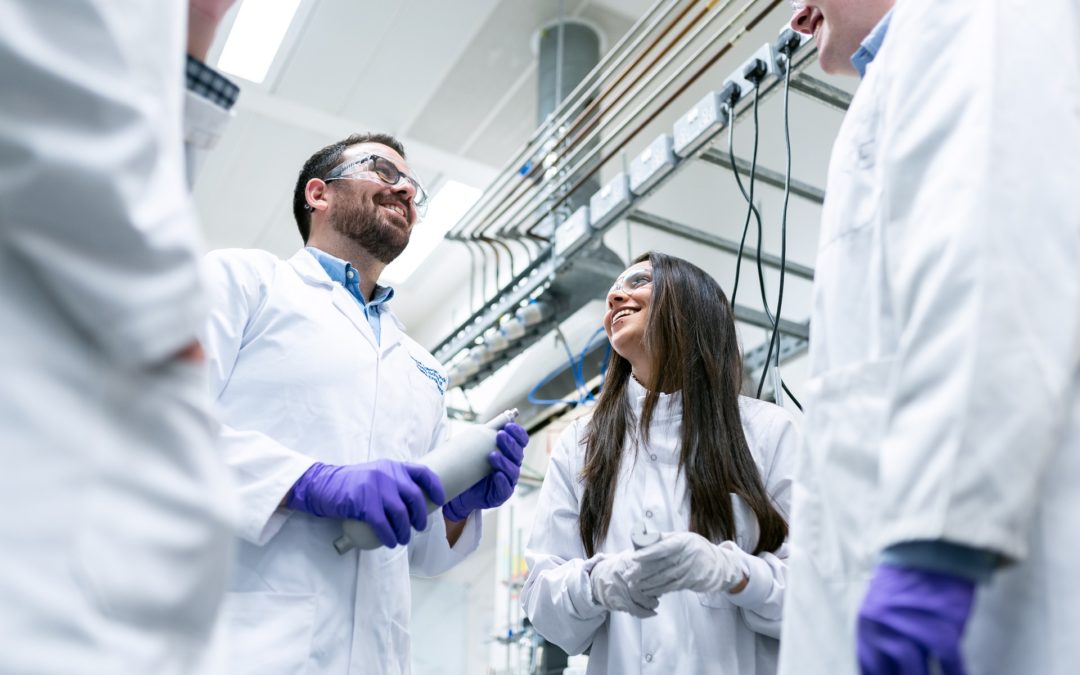
Reflecting
Reflecting on Black History Month and Women’s History Month I would like to take time to acknowledge the leaders of our community that have been working to combat climate change.
Growing up as a part of an underserved community in San Diego, California I have witnessed first-hand the effects of climate change. In particular, the dense heat and fires caused my family to evacuate our home. The most memorable time was in 2017, my sophomore year of high school when the Lilac Fire lasted 9 days. Over 200 homes were burned down. This was when I began to see how climate change was affecting me and my community. As I have gotten older I have learned that there are many people that have been working diligently to combat this global problem like Greta Thunberg, Jaqui Patterson, and Jamie Margolin. As I work to obtain my Computer Science degree from Sac State, I would like to join the climate fight by developing stronger and more predictive software to identify trends in data to better predict our future, allowing us to expand renewable energy more effectively. Many leaders in the Sacramento region have been working hard to combat climate change like One person, in particular, is Jackie Cole.
Jackie Cole, is a social Environmental Justice Consultant who works with local communities to advance health equity through land-use policies, leadership development, and advocacy. Jackie is principal of Veritable Good Consulting, a firm dedicated to seeing the implementation of Environmental Justice in the Sacramento City and County General Plans. She supports her work through community engagement and partnerships in identified Environmental Justice communities; participating on the board of directors for the Sacramento Community Land Trust and the City of Sacramento’s Active Transportation Commission; and working with statewide partners such as the California Environmental Justice Alliance and ClmatePlan who are committed to building inclusive, equitable, sustainable communities in California. Jackie Cole directly supports Black and Brown communities, by advocating for better energy efficiency, highlighting environmental justice issues, and promoting equitable access to clean energy
It is because of leaders like Jackie that there has been an increasing awareness and of action being taken in the black community. But due to the recent harshness of Climate change many people of color have been at the forefront of the fight against climate change. I plan one day to join these leaders and take action in fighting climate change.

ABOUT THE AUTHOR
Saraia Jackson is a second-year computer science major at CSU Sacramento. Her long-term goal is to become a cybersecurity analyst. She wants to show young African American women that they can do whatever they put their minds to no matter where they come from. She also really wants to devote her life to helping children and making a difference.
CleanStart Sponsors
Weintraub | Tobin, EY, Moss Adams
BlueTech Valley, PowerSoft.biz
College of Engineering & Computer Science at Sacramento State






